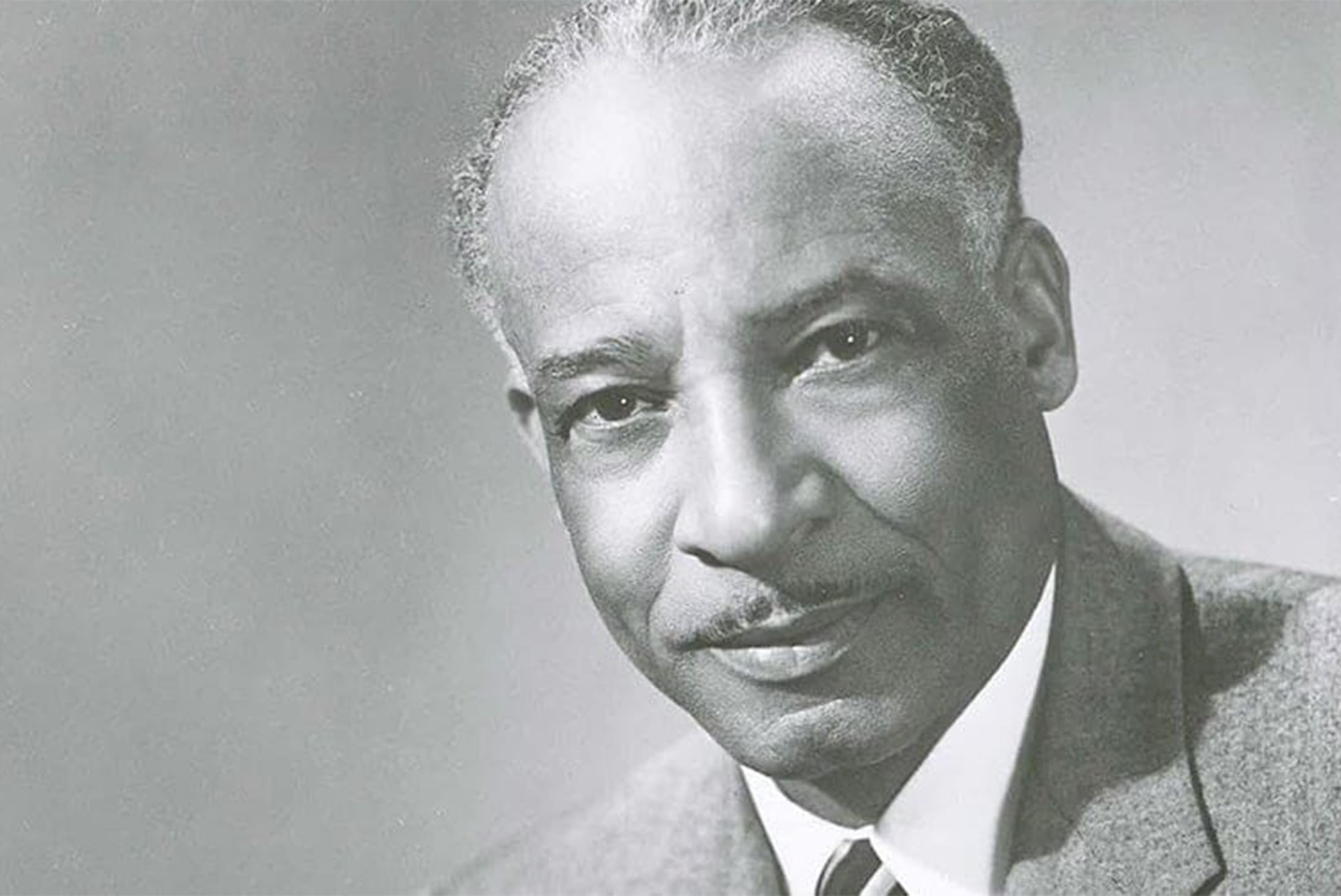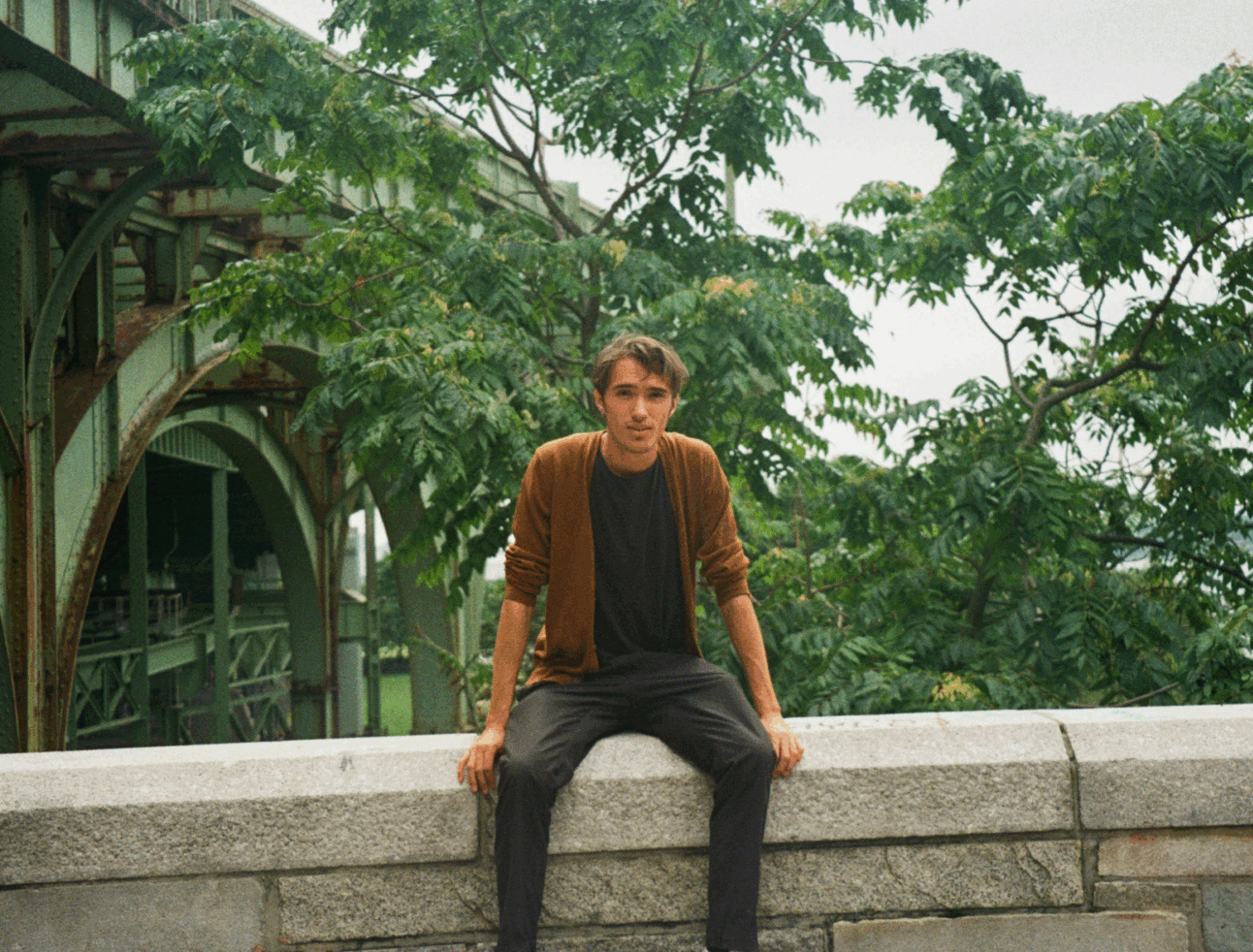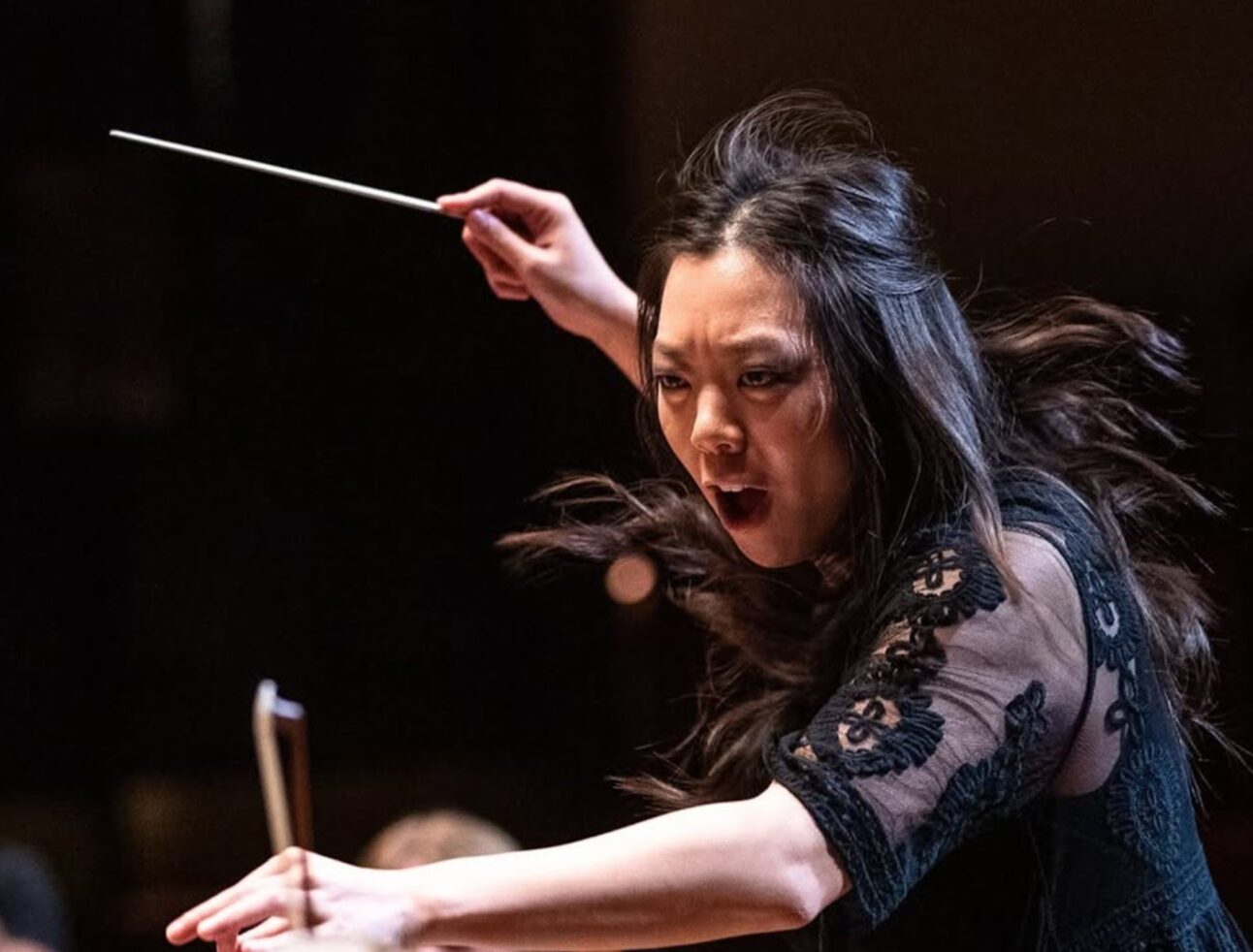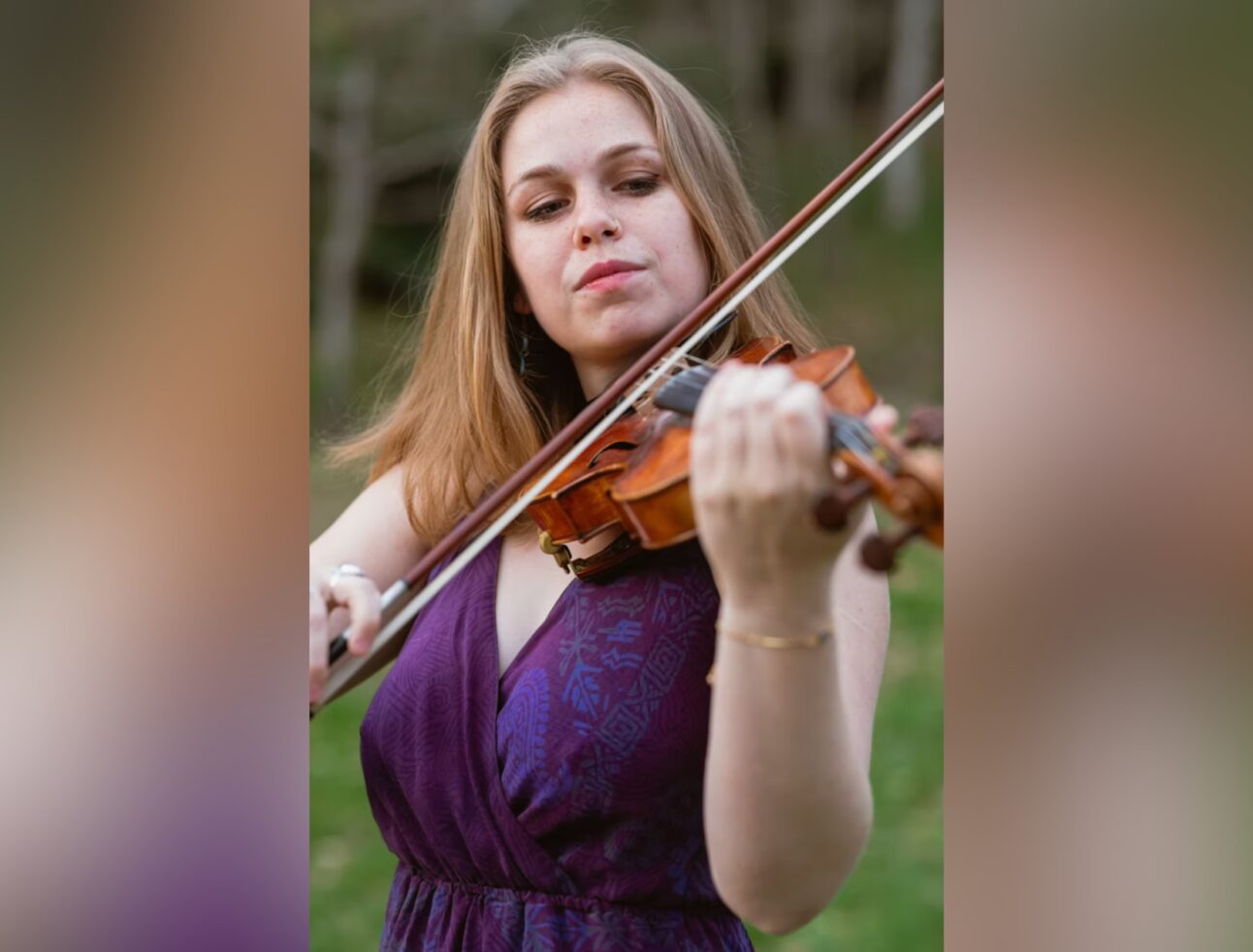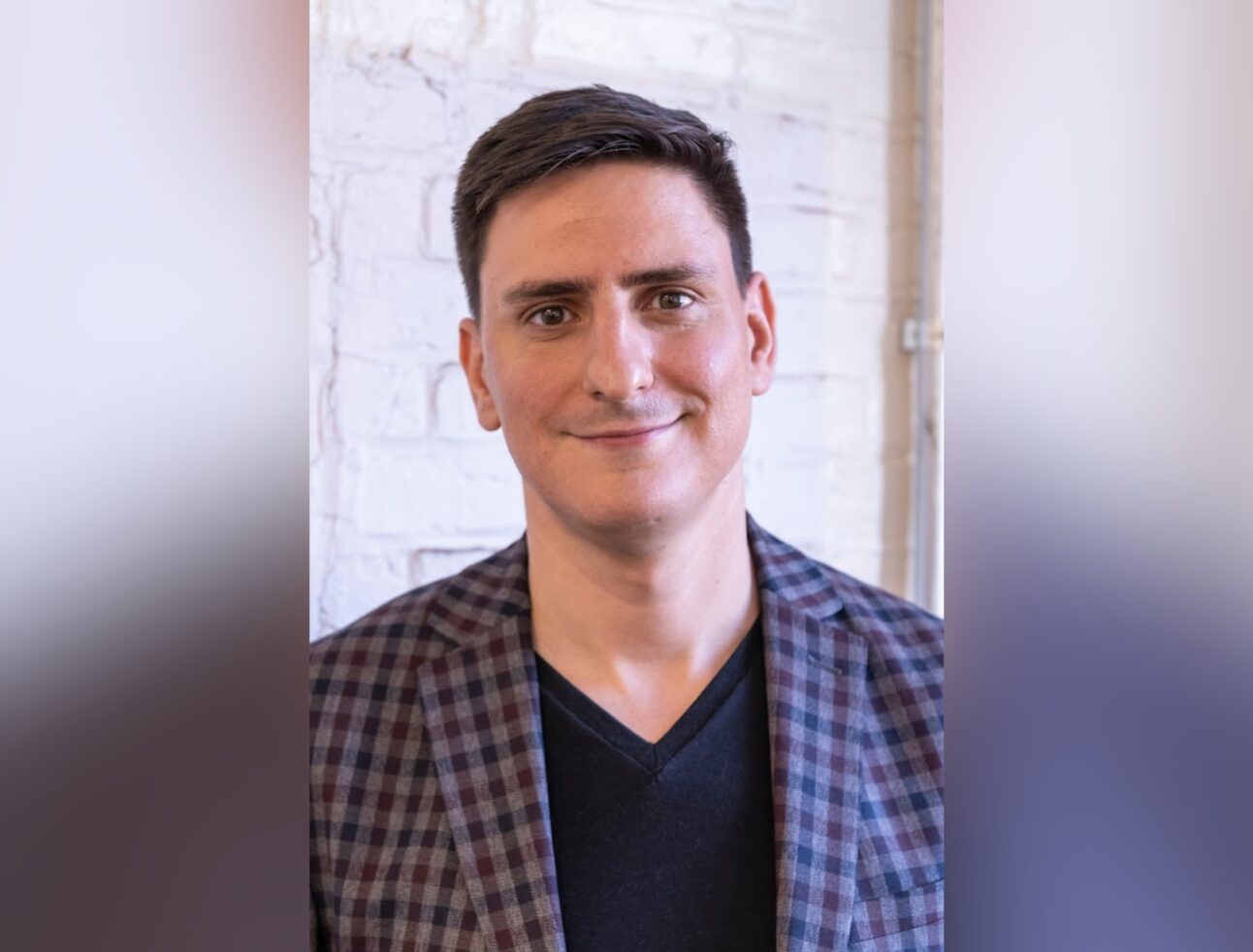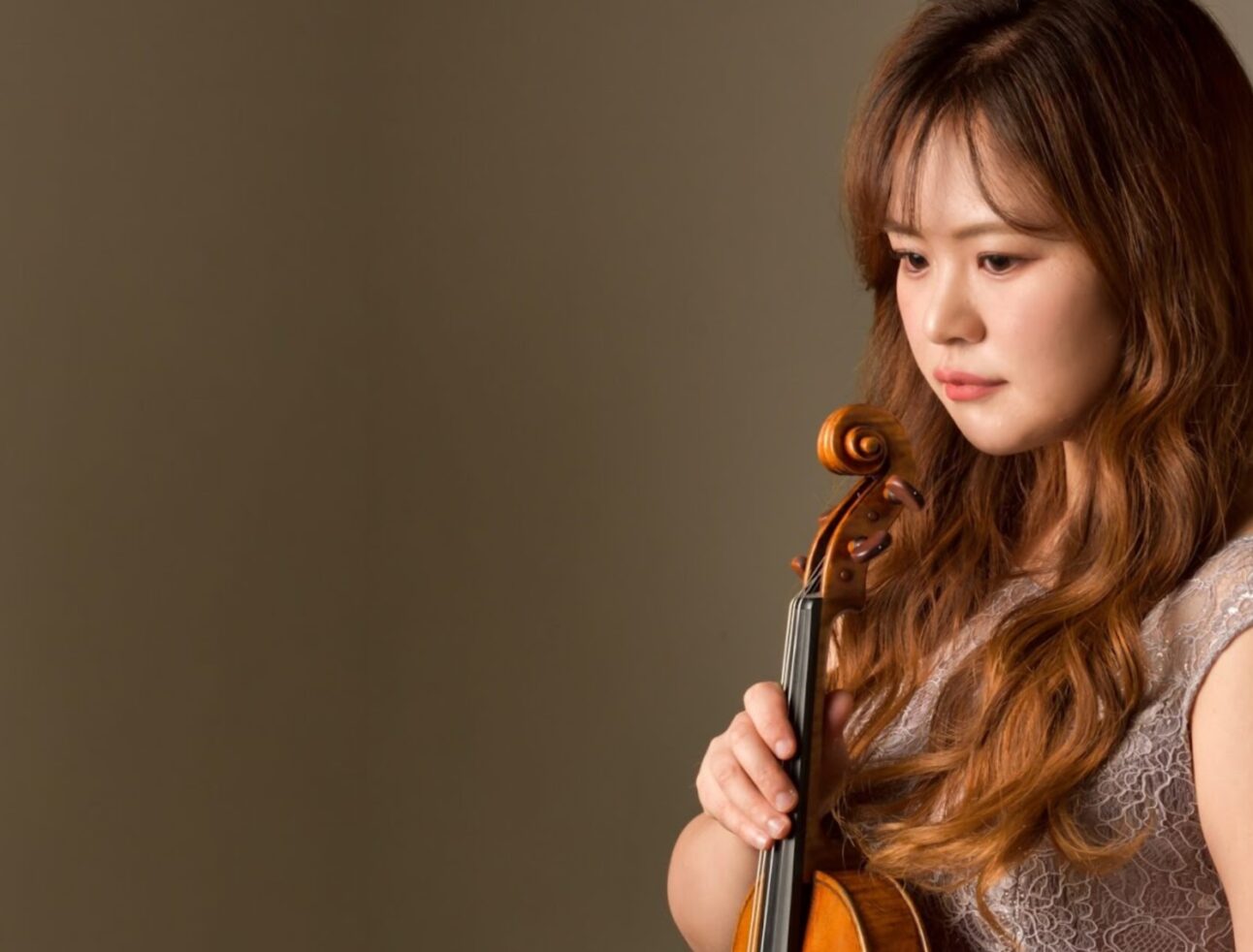On Thursday, February 1, NEC Symphony and conductor David Loebel mark the first day of Black History Month with a performance of William L. Dawson’s 1934 Negro Folk Symphony in NEC’s Jordan Hall. Also on the program is Aaron Copland’s Suite from “Appalachian Spring” and Beethoven’s Overture to Fidelio, op. 72.
William L. Dawson was an African American composer, choir director, and professor specializing in Black religious folk music. In 1934, his Negro Folk Symphony was premiered by the Philadelphia Orchestra conducted by Leopold Stokowski in Philadelphia, at Carnegie Hall, and on a national radio broadcast to enthusiastic and positive reviews. “Nonetheless,” says Loebel, NEC faculty member and Associate Director of Orchestras, “the symphony fell into undeserved invisibility almost immediately and—except for a 1963 recording conducted by Stokowski—has only reentered public view in recent years.”
Dawson described Negro Folk Symphony as an attempt to convey the missing elements that were lost when Africans came into bondage outside their homeland. To emphasize the “folk” character promised by the symphony’s title, the first movement (“The Bond of Africa”) includes a theme derived from the spiritual Oh My Little Soul Gwine Shine Like a Star. The second movement (“Hope in the Night”) begins with music depicting, in Dawson’s words, “…the humdrum life of a people whose bodies were baked by the sun and lashed by the whip for two hundred fifty years; whose lives were proscribed before they were born.” A contrasting middle section depicts slave children at play, “unmindful of the heavy cadences of despair.” Two spirituals—O Le’ Me Shine, Shine Like a Morning Star! and Hallelujah, Lord, I Been Down into the Sea—form the basis of the symphony’s triumphant finale.
Following the premiere of Negro Folk Symphony, which would become Dawson’s only symphony, it was performed a few times in the span of 18 months before being forgotten for decades.
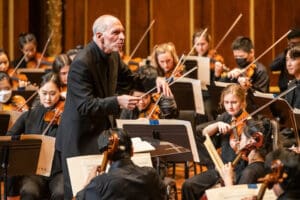
“It’s simply scandalous that Negro Folk Symphony was so neglected for nearly eighty years,” says Loebel. “I believe that the work would be an essential part of our American orchestral repertoire today if, in 1934, Dawson had had a prominent conductor and a major publisher relentlessly advocating for it. However, in the wake of George Floyd’s murder in 2020, we have begun paying very belated attention to African American composers like Dawson, Florence Price, William Grant Still and others. Not only is their music in itself worthy of our attention, but we can be inspired by their courage and tenacity in the face of extreme racial prejudice and the enormous professional obstacles that resulted from it.”
“I’m pleased to see how many performances Negro Folk Symphony is now receiving nationwide; happily, ours is not the first in Boston,” Loebel continues. “And the recent publication of a wonderful new edition edited by Gwynne Kuhner Brown makes the piece much more accessible and practical to perform.”
When asked his thought process for placing Negro Folk Symphony with Aaron Copland’s Suite from “Appalachian Spring” and Beethoven’s Overture to Fidelio, op. 72, Loebel explained: “During the 1940s, Aaron Copland found inspiration in the honesty and simplicity of American folk music. Appalachian Spring’s use of the Shaker song “Tis the Gift to Be Simple” mirrors Dawson’s allusions to spirituals, both of which are representative of important American oral traditions. Beethoven’s opera Fidelio–like his Ninth Symphony—is a manifesto for freedom. So I think its overture is appropriate for the beginning of Black History Month.”
For many of the NEC students performing in the February 1 concert, this has been a fulfilling introduction to the music and history of William L. Dawson.
“I am delighted that NEC has chosen to feature Dawson’s symphony this performance cycle,” said violinist Kearston Gonzales ’26. “I truly hope more orchestras will play works by composers who have been largely overlooked or forgotten, as this is an excellent to generate conversations about equity and inclusion.”
“It’s a terrific piece that I believe our students and our audience should know about,” says Loebel. “I also knew that the students would learn a lot from playing it, which is the most important consideration in our orchestras’ programming. It’s been absolutely thrilling to watch the students enter into the spirit of the music so enthusiastically and to see how eagerly they’re rising to its technical challenges.”
“I feel fortunate to have an opportunity to learn and have this experience while in undergrad,” Gonzales continued. “I hope the audience will appreciate Mr. Dawson’s unique artistry and gain an appreciation for his work.”
Tickets to see David Loebel and NEC Symphony’s performance of Dawson, Copland, and Beethoven on February 1 at 7:30 p.m. in Jordan Hall are free and available now. Click here to reserve your seats.
“I truly hope more orchestras will play works by composers who have been largely overlooked or forgotten, as this is an excellent to generate conversations about equity and inclusion.“
Kearston Gonzales ’26
